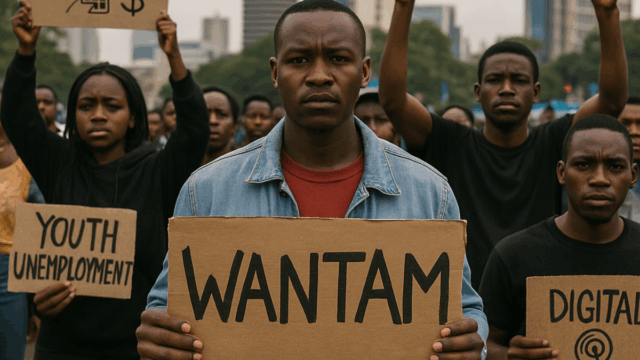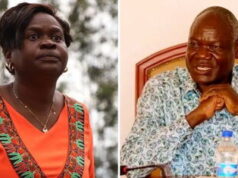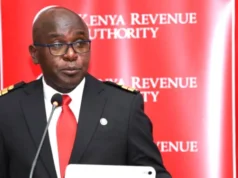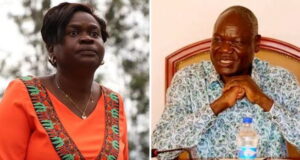In Kenya’s vibrant and often satirical political scene, a new phrase is gaining traction across social media and public discourse: “Wantam.”
While it may sound humorous at first, the phrase is quickly becoming a loaded political jab—one that may spell discomfort for President William Ruto as he seeks to maintain political momentum heading toward 2027.
What Does “Wantam” Mean?
“Wantam” appears to be a slang adaptation or phonetic twist of the English phrase “One Term.” It’s being used by Kenyans, particularly online, to suggest that President Ruto may not secure a second term in office due to rising public discontent.
Though not officially acknowledged, it is widely interpreted as a challenge to the president’s leadership, indicating that many citizens are already questioning his 2027 reelection prospects and don’t want him anymore.
Rising Discontent
When Ruto campaigned in 2022 under the “Hustler” banner, he promised to uplift the common citizen, lower the cost of living, and create more economic opportunities.
However, many Kenyans now feel burdened by rising taxes, increasing fuel prices, and tough economic policies.
The introduction of the controversial Finance Bill and perceived failure to curb inflation has drawn heavy criticism. Across platforms like X (formerly Twitter), TikTok, and Facebook, “Wantam” has emerged as a rallying cry among Kenyans who feel let down.
“This was supposed to be a bottom-up government. Instead, we got bottomed out with taxes,” reads one popular post on X.
Political Symbolism
The use of coded language like “Wantam” has become common in Kenyan political culture. It allows citizens to express frustration or dissent in a clever, satirical, and often viral way—especially in environments where criticism may be censored or met with backlash.
“Wantam” isn’t just a prediction—it’s a warning to the ruling administration: change course, or risk being a one-term presidency.
Opposition Seizing the Moment
Opposition figures have subtly begun capitalizing on the discontent. While no major leader has publicly endorsed the “Wantam” slogan, their supporters are not holding back.
Political analysts suggest the phrase could evolve into a campaign tool if the administration fails to respond to growing frustrations. If Kenyans feel their voices are ignored, “Wantam” could become the defining chant of the 2027 election.
Can the Narrative Be Reversed?
Despite the backlash, President Ruto still has time to course-correct. It might be late. Economic recovery, transparent leadership, and visible delivery of promises could help rebuild trust. But with growing protests, youth unemployment, and public sector strikes, the window is narrowing.
For now, “Wantam” serves as a potent symbol of dissatisfaction—and a reminder that in Kenya’s political space, words carry power.















